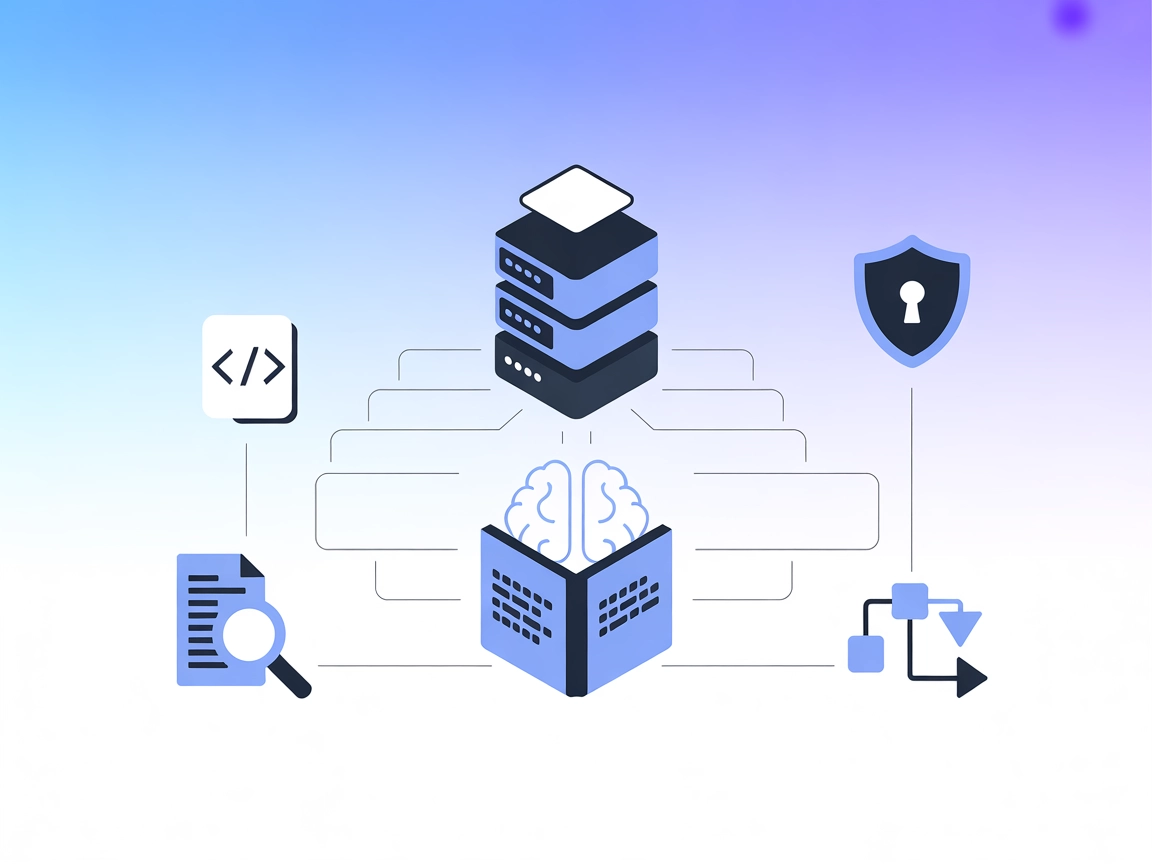
Mailgun MCP Server Integration
The Mailgun MCP Server bridges AI assistants with Mailgun’s email APIs, enabling programmatic email sending, analytics retrieval, and workflow automation within...

Integrate Raygun’s powerful monitoring and management APIs directly into your FlowHunt AI workflows for streamlined error tracking, deployment automation, and team management.
FlowHunt provides an additional security layer between your internal systems and AI tools, giving you granular control over which tools are accessible from your MCP servers. MCP servers hosted in our infrastructure can be seamlessly integrated with FlowHunt's chatbot as well as popular AI platforms like ChatGPT, Claude, and various AI editors.
The Raygun MCP Server is a bridge between AI assistants and Raygun’s API V3 endpoints, enabling seamless interaction with Crash Reporting and Real User Monitoring applications. By exposing Raygun’s API features through the Model Context Protocol (MCP), this server allows AI-powered workflows to automate and streamline tasks such as error management, deployment tracking, performance monitoring, source map handling, and team management. Developers can use this MCP server to trigger actions, query data, and manage their Raygun applications programmatically, enhancing productivity and accelerating troubleshooting and release cycles.
No explicit prompt templates are documented in the repository.
No explicit resources are documented in the repository.
No specific setup instructions for Windsurf are provided in the repository.
claude_desktop_config.json file (~/Library/Application Support/Claude/claude_desktop_config.json on MacOS or %APPDATA%/Claude/claude_desktop_config.json on Windows).{
"mcpServers": {
"raygun": {
"command": "npx",
"args": ["-y", "@raygun.io/mcp-server-raygun"],
"env": {
"RAYGUN_PAT_TOKEN": "your-pat-token-here"
}
}
}
}
Securing API Keys:
Store your PAT token as an environment variable in the config as shown above.
No specific setup instructions for Cursor are provided in the repository.
No specific setup instructions for Cline are provided in the repository.
Using MCP in FlowHunt
To integrate MCP servers into your FlowHunt workflow, start by adding the MCP component to your flow and connecting it to your AI agent:

Click on the MCP component to open the configuration panel. In the system MCP configuration section, insert your MCP server details using this JSON format:
{
"raygun": {
"transport": "streamable_http",
"url": "https://yourmcpserver.example/pathtothemcp/url"
}
}
Once configured, the AI agent is now able to use this MCP as a tool with access to all its functions and capabilities. Remember to change “raygun” to whatever the actual name of your MCP server is and replace the URL with your own MCP server URL.
| Section | Availability | Details/Notes |
|---|---|---|
| Overview | ✅ | Overview and features present in README |
| List of Prompts | ⛔ | No prompt templates documented |
| List of Resources | ⛔ | No explicit resource definitions found |
| List of Tools | ✅ | Detailed tool listing in README |
| Securing API Keys | ✅ | Requires RAYGUN_PAT_TOKEN environment variable |
| Sampling Support (less important in evaluation) | ⛔ | Not mentioned |
The Raygun MCP Server provides comprehensive tooling for managing Raygun applications via MCP, with clear documentation of tools and setup for Claude. However, it lacks prompt templates, explicit resource definitions, and instructions for some platforms. Sampling and Roots support are not mentioned. Overall, good for tool coverage and security setup, but missing some advanced MCP features.
| Has a LICENSE | ⛔ (No LICENSE file found) |
|---|---|
| Has at least one tool | ✅ |
| Number of Forks | 8 |
| Number of Stars | 12 |
MCP Table Score: 6/10 – Solid tool support and security, but missing prompt templates, resources, advanced MCP features, and multi-platform setup details.
The Raygun MCP Server connects AI agents with Raygun's API, allowing automated management of errors, deployments, monitoring, source maps, and team operations through standardized MCP endpoints.
You can automate listing and resolving error groups, tracking and managing deployments, retrieving performance metrics, handling source maps, and managing team invitations and user sessions—all from within FlowHunt workflows.
Set your PAT token as an environment variable in your MCP server configuration. This keeps sensitive credentials out of your codebase and configuration files.
Currently, detailed setup instructions are provided for Claude Desktop. Other platforms may require similar manual MCP server configuration steps.
No, the repository does not document prompt templates or explicit resources, focusing instead on tool coverage and API automation capabilities.
Unlock seamless error monitoring and deployment workflows by connecting Raygun to your FlowHunt automations.

The Mailgun MCP Server bridges AI assistants with Mailgun’s email APIs, enabling programmatic email sending, analytics retrieval, and workflow automation within...

The Ragie MCP Server enables AI assistants to perform semantic search and retrieve relevant information from Ragie knowledge bases, enhancing development workfl...

The Reaper MCP Server connects AI assistants with Reaper project files, providing tools for audio project discovery, structured data extraction, and workflow au...
Cookie Consent
We use cookies to enhance your browsing experience and analyze our traffic. See our privacy policy.